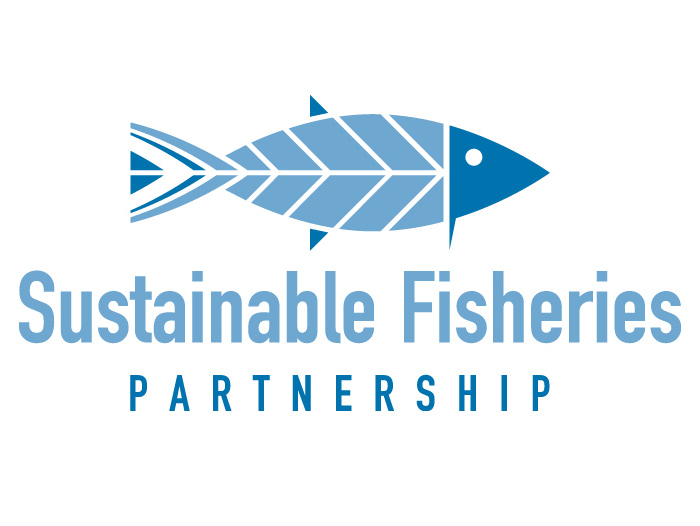USAID Promotes Responsible Seafood Sourcing to Combat Illegal Unreported and Unregulated Fishing
June 13, 2023 | 3 min to read

In celebration of the International Day for the Fight against Illegal, Unreported and Unregulated Fishing, USAID, through the Better Seafood Philippines (BSP) Program, gathered key seafood industry players on June 6 at Novotel Hotel in Quezon City to further advance transparent and responsible sourcing practices as a value chain solution to IUU fishing.
Early adopters in the seafood industry include Fishta Seafood Inc., SeaTrace International Inc., Mayani, Wilcrafted, Inc., Meliomar Inc., Tindagat, Crystal Bay Oyster Company, Follow Your Taste, and Bogtong Fish Processors Association (BFPA). At the meeting, they committed to promote private sector adoption of responsible sourcing practices and further influence seafood consumers’ choices to make seafood production, trading, and consumption more responsible, thus helping to reduce illegal, unreported and unregulated fishing (IUU) practices. They also committed to co-organizing the planned 1st Responsible Seafood Summit and BSP Launching on September 14, 2023, that hopes to gather around 250-300 participants coming from different relevant sectors – national government agencies and local government units, seafood industry, technology partners and fishers communities.
Sandy Peñalba, General Manager of Meliomar Inc., emphasized the vital role of the private sector in pushing forward the advocacy “This collaboration will allow us to realize our common vision of a Better Seafood Philippines and achieve the impacts that we want for local fishing communities.”
BSP, an offshoot of the buyer engagement program of the USAID Fish Right Program,
is a sustainable fisheries markets program that will oversee, manage, and implement market tools and activities, most notably on market and supply development, constituency building, and industry partnerships. Through the planned 1st RSS Summit, BSP aims to put a spotlight on local, responsibly-sourced seafood and recognize best practices in seafood sustainability by highlighting industry change drivers. BSP supports USAID’s goal to institute reforms through an ecosystem approach to fisheries management to “right-size” fisheries, incentivize responsible fishing and trading practices through markets development, as well as fisheries conservation efforts through private sector engagement.
Mayani CEO and co-founder, JT Solis affirmed the role of the program. “BSP serves as a rallying and convergence point for stakeholders in working collectively to move society forward and make positive contributions to Philippine agri-fishery industry,” he stated.
Growing concern on overfishing, IUU fishing, and complex supply chain transparency issues are driving industries to espouse comprehensive policies on seafood sourcing. The Responsible Seafood Sourcing (RSS) Standard has been developed for the Philippine context by Sustainable Fisheries Partnership (SFP), a US-registered nonprofit, through the USAID Fish Right Program. RSS establishes criteria to assess current supply chain practices in the capture, sourcing, and trading of wild-caught seafood. It also responds to important emerging issues in the seafood supply chains by supporting actions that address and reduce overfishing and IUU fishing through adherence to environmentally and socially-responsible seafood standards.
By adopting policies on responsible seafood sourcing, businesses can consistently provide seafood products while ensuring the health of the marine environment and supporting the livelihoods of local fishing communities.
BSP is a USAID funded initiative implemented by Sustainable Fisheries Partnership under the FishRight program that seeks to promote responsible sourcing practices along Philippines seafood supply chains as well as consumers’ responsible seafood choices. In BSP, we understand that responsibility is the path forward to improve environmental performance of Philippines fisheries, safeguard livelihoods of fishing dependent communities as well as to support our fishing industry and our country in meeting the goals of UN 2030 agenda for sustainable development.
